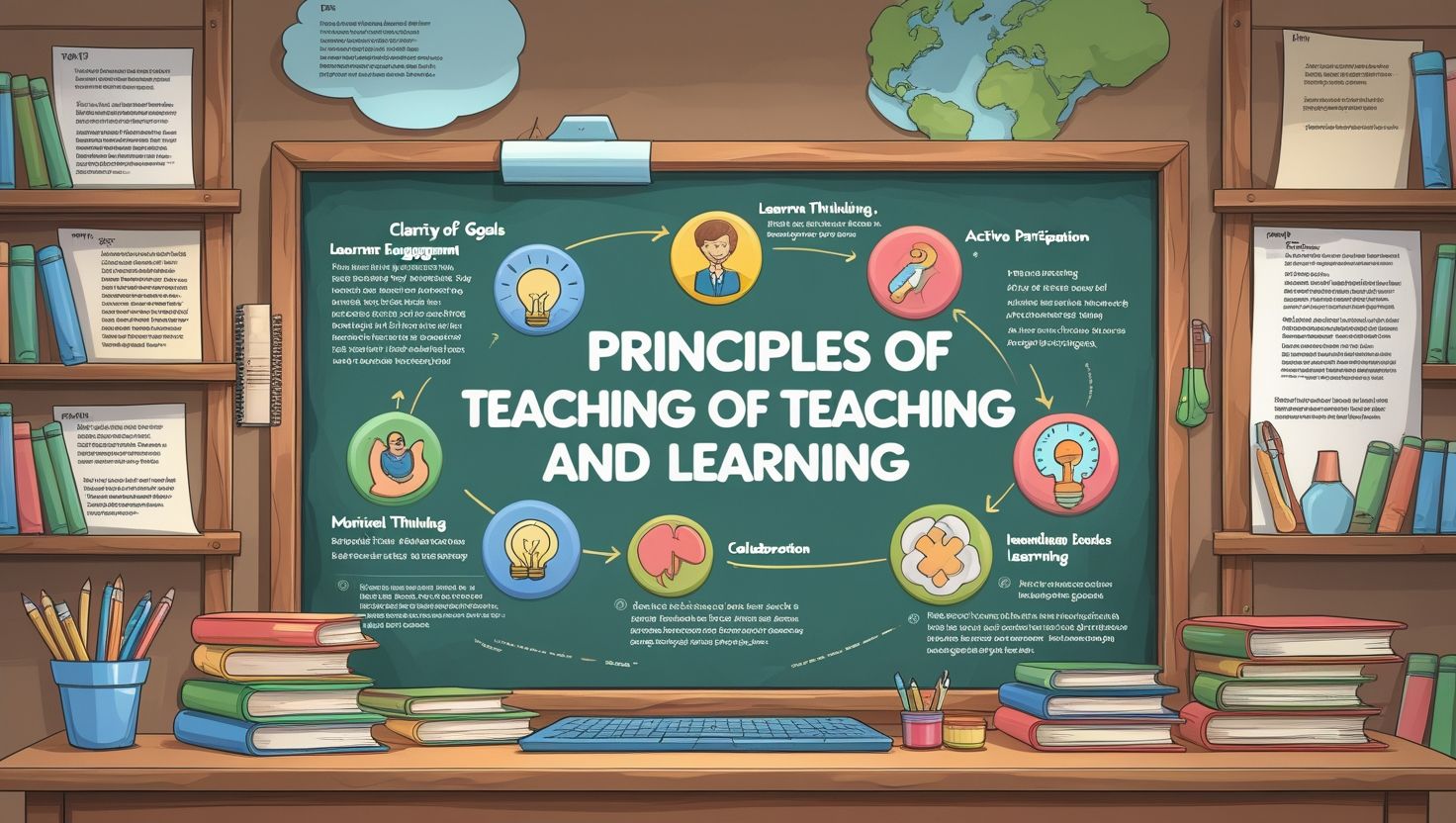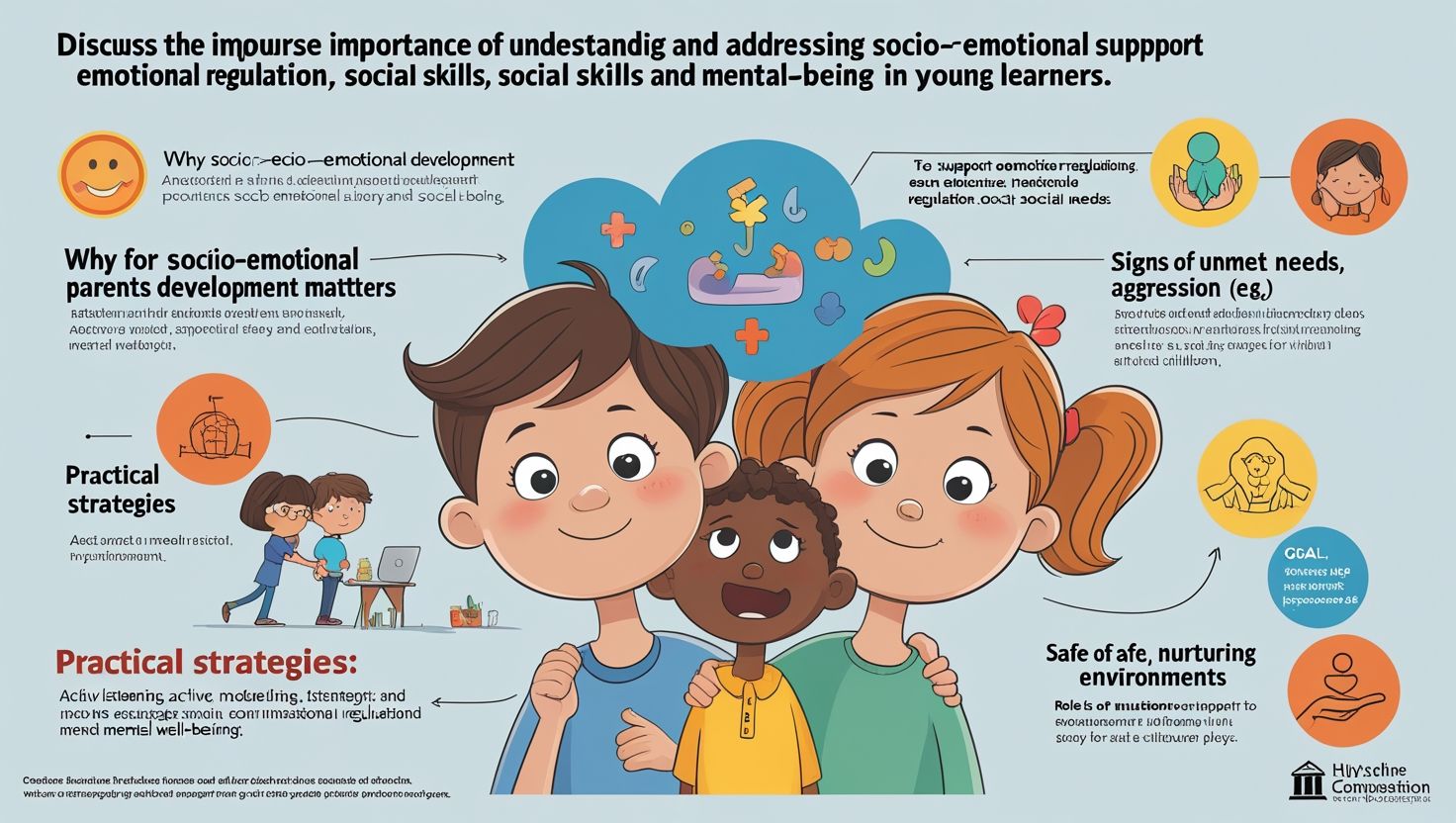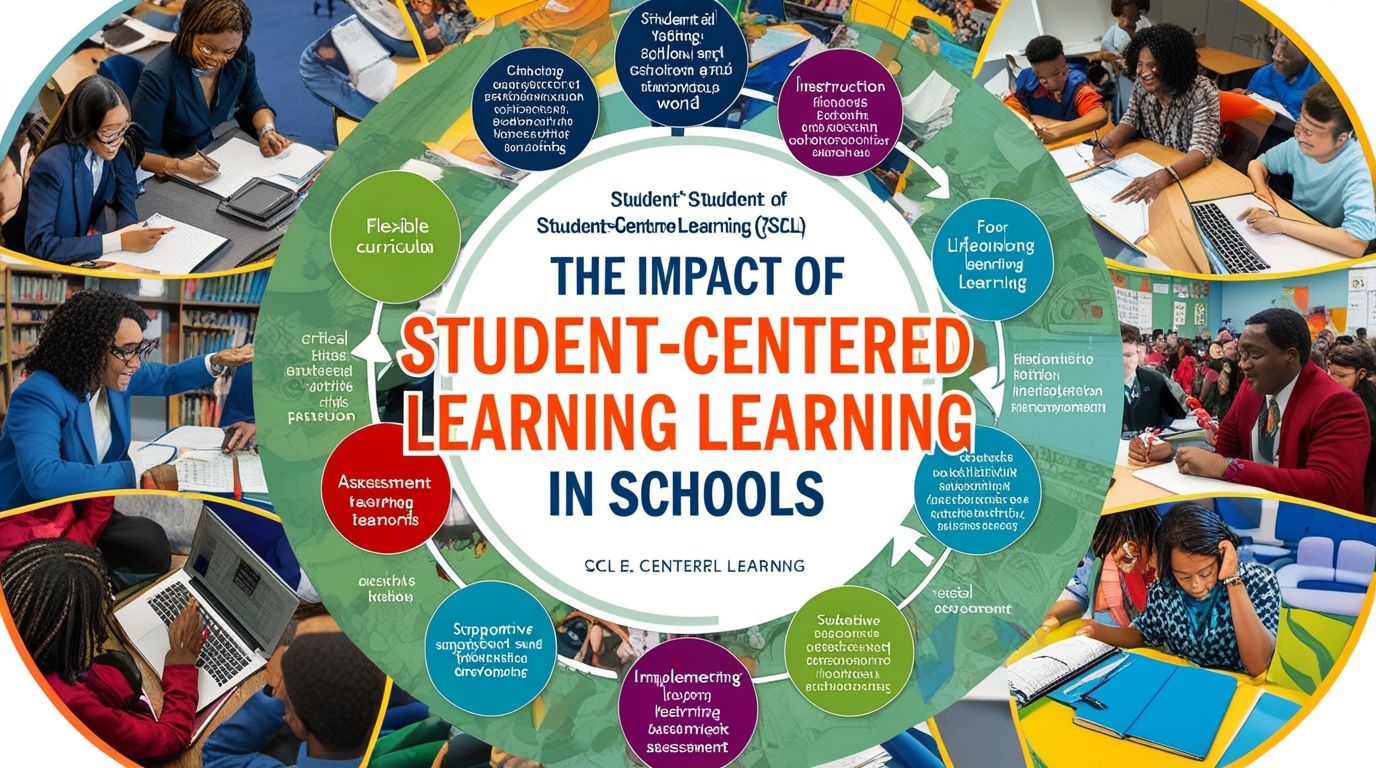Principles of Teaching and Learning
Introduction Principles of Teaching and Learning, The principles of teaching and learning form the foundation of effective education. These principles guide teachers in delivering knowledge and students in acquiring it meaningfully. Teaching is not only about transferring information but also about inspiring curiosity, critical thinking, and problem-solving. Learning, on the other hand, is about building … Read more





